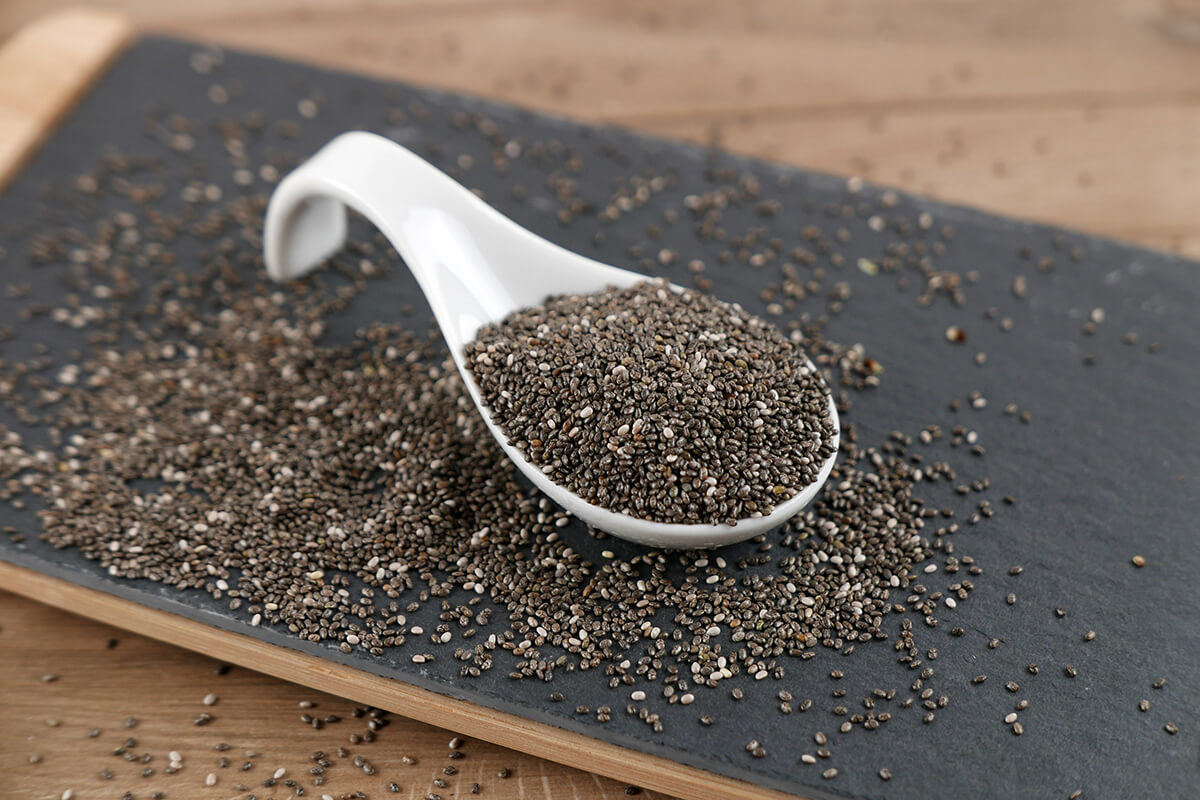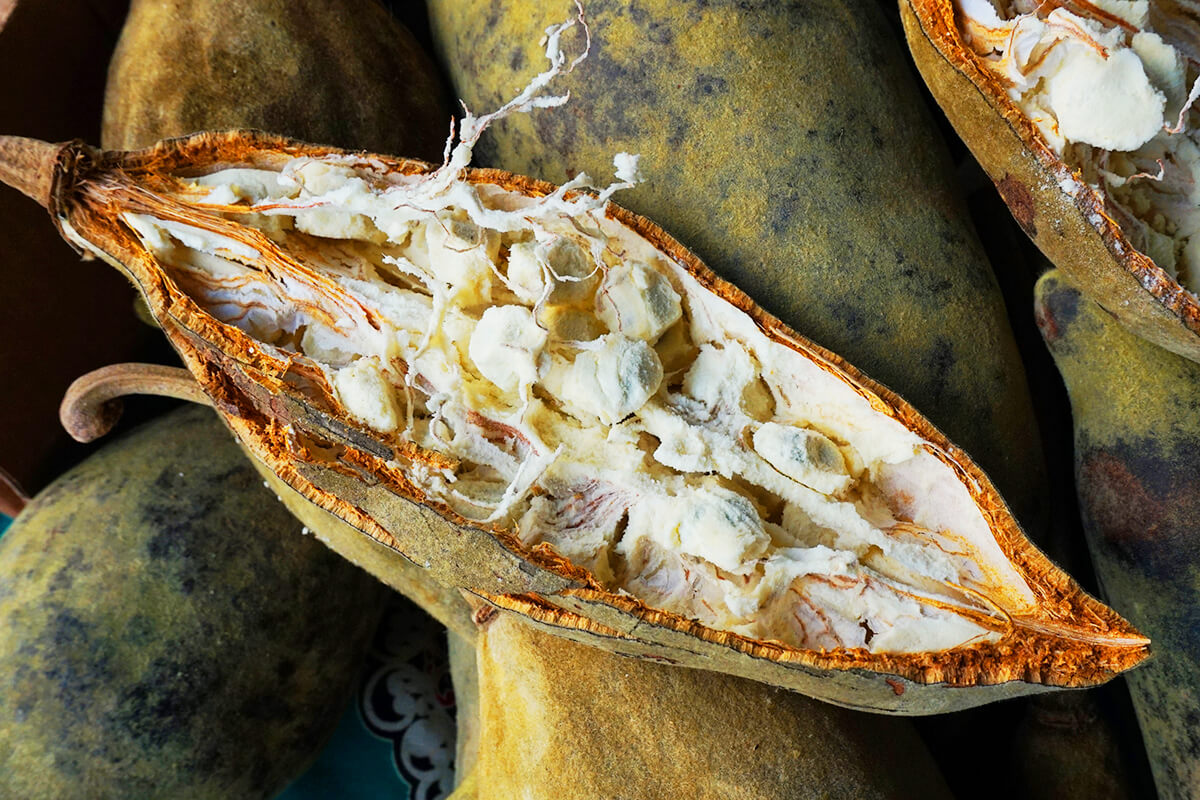All about Novel Food
Novel foods in the EU
Novel food - innovation or bureaucratic stress? Anyone who wants to use innovative ingredients in Europe will sooner or later come across the term novel food. But what exactly is behind it? Which substances are considered novel, what does the Novel Food Regulation stipulate - and why is approval often a challenge for manufacturers and brands?

What is novel food?
The EU defines novel food as all foods and ingredients that were "not used for human consumption to any significant extent" in the European Union before May 15, 1997. It does not matter whether a food has already been used for a long time in other regions of the world (e.g. Asia or South America) - for the EU, the criterion of historical use within Europe is decisive.
The legal basis is the Novel Food Regulation (EU) 2015/2283.
How does novel food differ from dietary supplements?
A common misconception: Novel food is not a separate product type like food supplements, but a regulatory status. It can apply to ingredients in foods, beverages or food supplements.
- Food supplements: Concentrated nutrients and other substances (e.g. vitamins, minerals, plant extracts) that are taken as a supplement to the diet. Regulated under food law via the Food Supplements Ordinance.
- Novel food: Ingredients or foods that were not consumed in significant quantities in the EU before 15.05.1997. Subject to authorization according to the Novel Food Regulation (EU) 2015/2283
A food supplement could therefore contain novel food. However, the novel food must then have undergone official approval before being marketed.


Which foods are considered novel foods?
To provide an insight into what is considered a novel food, we have selected a few substances as examples and added the current status (mid-2025):
- Chia seeds: Approved since 2009, but in limited use (e.g. bread, muesli, yoghurt)
- Mealworms / yellow mold beetle larvae: Only approved in certain forms of processing and product categories.
- Astaxanthin from microalgae: Approved, but with restricted use in food supplements up to a maximum of 8 mg/day.
- Baobab pulp: Approved, often used as a source of fiber or antioxidant.
Why is the approval of
novel food often so difficult?
The biggest challenge with novel foods is the complex and expensive approval process. Among other things, such a procedure requires
Proof of safety
EFSA requires extensive data on
- Toxicology (animal testing usually required)
- Stability and purity
- manufacturing processes
- Clinical studies (especially for potentially active substances)
Differentiation from traditional foods
Many plant extracts are not considered novel foods - as long as they come from plants traditionally used in the EU and the extraction process is historically proven. However, as soon as
- a new solvent is used,
- the concentration of the active ingredients has been significantly increased compared to the original plant through purification processes or
- certain components are isolated (e.g. curcumin, resveratrol),
an authorization may be required.
No "automatic" recognition through use in third countries
Even if a product is considered safe in the USA or Asia, this is no guarantee of EU approval. The regulation explicitly requires historical use in the EU or a complete dossier with data. However, traditional foods from third countries have a simplified approval procedure.

Anyone wishing to launch a product with novel food ingredients should consider the following points:
- Check: Is the ingredient already approved as a novel food in the EU? The Novel Food Catalogue or DVO 2017/2470 provides an overview.
- Comply with the authorization form: Many ingredients are only approved for certain applications (e.g. as food supplements, but not in drinks).
- The dosage and conditions of use must be observed.
- Labeling requirements: The labeling requirements specified in DVO 2017/2470 must be complied with by using the specified name of the novel food and, where applicable, declaring certain mandatory information.
- Violations are expensive: Products with unauthorized novel foods are considered unfit for sale - warnings, recalls and fines may be issued.
Innovation needs security
Novel foods are a fascinating field for product innovation - especially in the areas of functional nutrition, longevity and sustainable protein sources. However, the path to market launch is clearly regulated. If you want to succeed here, you need good data, patience and experts in all aspects of the Novel Food Regulation.

Biohealth provides support with novel food issues
Not sure whether your desired ingredient is classified as a novel food? Or are you planning a new product and would like to check in advance whether the desired composition is possible and permissible?
Biohealth has many years of experience in product development and regulatory affairs.
Send us your product inquiry now - we will advise you individually and reliably.

